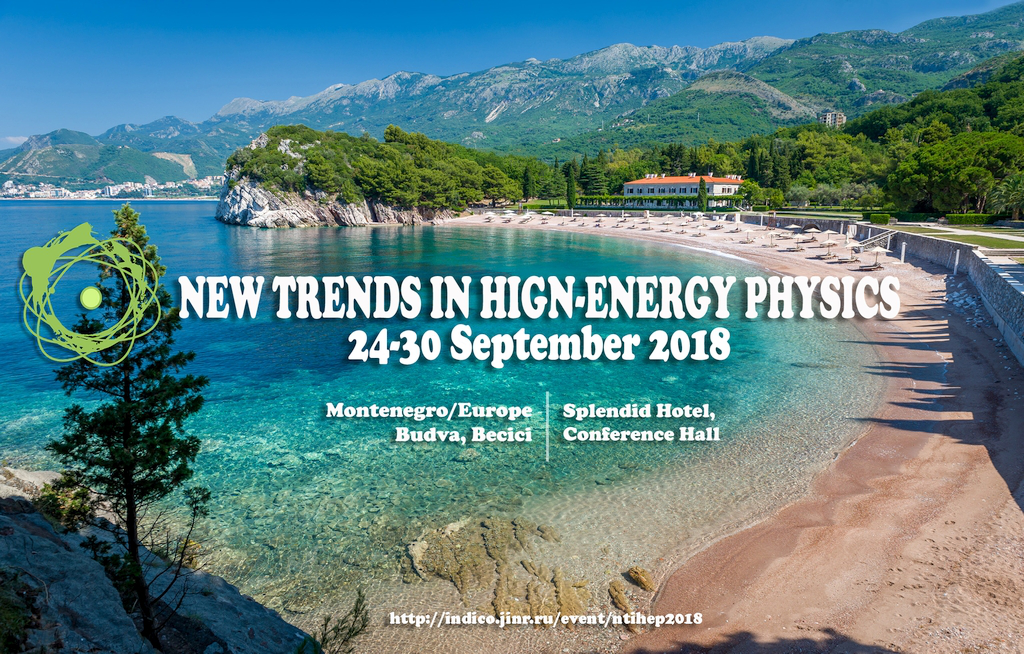Speaker
Dr
Hisataka YOSHIDA
(Osaka University)
Description
The COMET experiment is seeking to measure the neutrinoless, coherent transition of a muon to an electron (μ−e conversion) in the field of an aluminum nucleus. The facility for the experiment is J-PARC Hadron Hall at Tokai village in Japan. The J-PARC Main Ring can provide high intensity 8-GeV proton beam to the Hadron Hall, and the generated pions are captured by the surrounding capture solenoid and will decay to muons in the curved transport solenoid which is connecting to the detector part. With these system, the muon intensity will be the world highest, thus the sensitivity of the experiment could reach to the branching ratio to test the several beyond the standard models which predict the neutrinoless muon to electron conversion process.
In the COMET Phase-I, we will search for the μ-e conversion process with a single event sensitivity of ~10^{−15}, corresponding to the factor 100 improvement from the past search done by the SINDRUM-II experiment at PSI. After the Phase-I, the transport solenoid and detector part will be extended and modified, and the sensitivity will be ~10^{−17}.The COMET Phase-I is now under construction. I will report on the status of Phase-I and prospects for the Phase-II.
Author
Dr
Hisataka YOSHIDA
(Osaka University)

